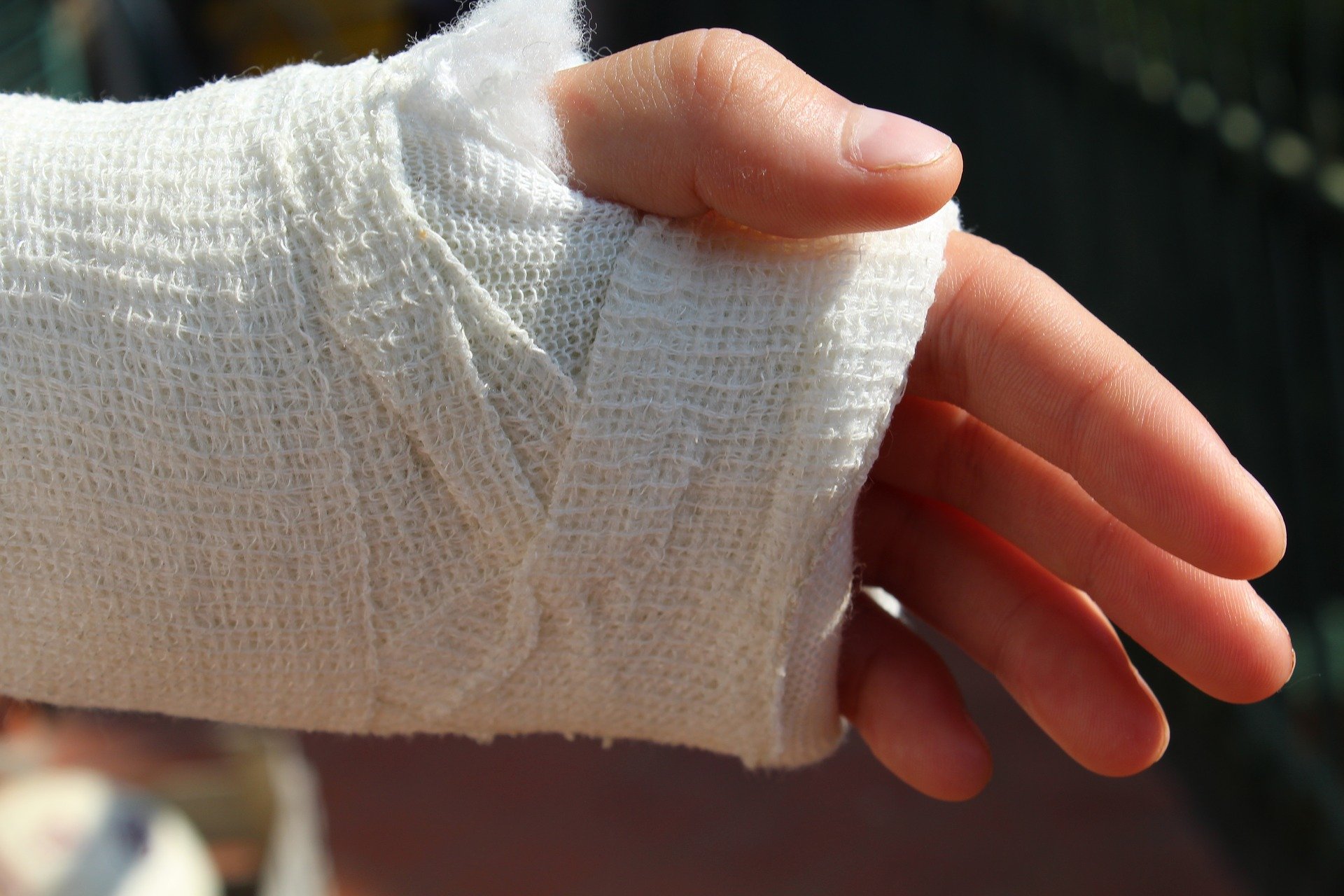If you are unfortunate enough to have an accident at work and have been injured as a result of this accident you may be entitled to claim compensation for your injuries, provided the accident at work was not your fault.
There are certain steps that are important to be followed after you have an accident at work, these are set out below.
The employer is under a strict legal duty to provide you with a safe place of work, a safe system of work and co-employees who are correctly trained in their field of employment.
The employer is also under a duty to provide proper equipment with which to perform the tasks assigned. In addition, there are also strict obligations on employers under the Health and Safety legislation and other legislation in this area.
Workplace accidents are a common source of injury and often result in claims for personal injuries. The accident may occur in any type of work environment for example in offices or building sites, farms, warehouses or factories.
1. Report the accident
Report the accident immediately to your employer and do your best to ensure that an accident report form is completed.
2. Seek medical attention
Seek medical attention as soon as possible after the accident at work and always try to ensure that details are recorded by your doctor or at hospital of the accident. Always try to be as accurate as possible in giving details as to how the accident happened. This is important as medical records of your first attendance after the accident at work are often requested by the defendants and it is important to ensure that the accident and how it happened is described properly together with all symptoms arising from the accident at work.
Where a delay occurs between the accident at work and the first attendance at hospital or your GP, this can often be used by the defendants to allege that you were not really seriously injured in the accident in the first place. Accordingly, it is important that you attend for medical treatment as soon as possible after the accident at work has happened.
3. Record Loss of Earnings
As a general rule, your employer is not obliged to pay you whilst you are out of work even if the accident was caused by the fault or negligence of your employer. However, any loss of earnings incurred can be recovered at a later stage as part of your insurance claim for compensation arising from your accident at work.
4. Get your solicitor involved early on
It is important to understand that following an accident at work, you will be seeking compensation from your employer for personal injuries arising out of the accident at work.
Do not discuss details of your accident at work with your employer or his insurance company without seeking legal advice first or having your solicitor present.
It is also equally important that you do not discuss how the accident at work happened or other details with your employers insurance company without having sought advice from your solicitor.
Your solicitor is employed by you to protect your interests and the insurance company or indeed your employer is not always motivated to act in your best interests where an accident at work has happened.
5. Keep a Diary
Keep a diary of events following the accident at work. As part of this diary, you should detail any expenses that you incur as a result of the accident at work such as travelling expenses, medical expenses, loss of earnings, costs for physiotherapy etc as these expenses may be claimed back at a later stage as part of your claim arising from your accident at work.
6. Get & keep witness details
Please ensure that you obtain the names and addresses and contact telephone numbers for any witnesses to the accident at work as your solicitor may want to contact them at a later stage to take a statement as to the circumstances of the accident at work or for the purpose of a court appearance to finalise the personal injuries litigation.
7. Get photographic evidence
If it is possible, take a photograph of where the accident occurred. This is not always possible and discretion is advised. It would also be helpful to take some photographs of your injuries sustained in the accident at work.
8. Do not admit liability
Do not sign any admission that you were at fault for the accident at work. In some cases, considerable pressure is brought to bear by your employer to sign various documents but such pressure should be resisted as it can be difficult at a later stage in establishing liability for the accident at work where such admissions are made by you.
9. Get expert legal advice
Seek advice from a solicitor familiar with personal injuries litigation and in particular litigation concerning accidents at work.
Examples of accidents at work*
– Falls from a heights such as scaffolding, stairs or ladders.
– Slips, trips and falls on surfaces where slippery/wet surfaces are not seen or expected.
– Exposure to dangerous or chemical substances without proper protective equipment and clothing.
– Accidents with machinery which were faulty or inadequately serviced.
– Accidents involving lifting heavy objects and general manual handling, especially where training was poor or non-existent.
Source: quinnsolicitors.ie



